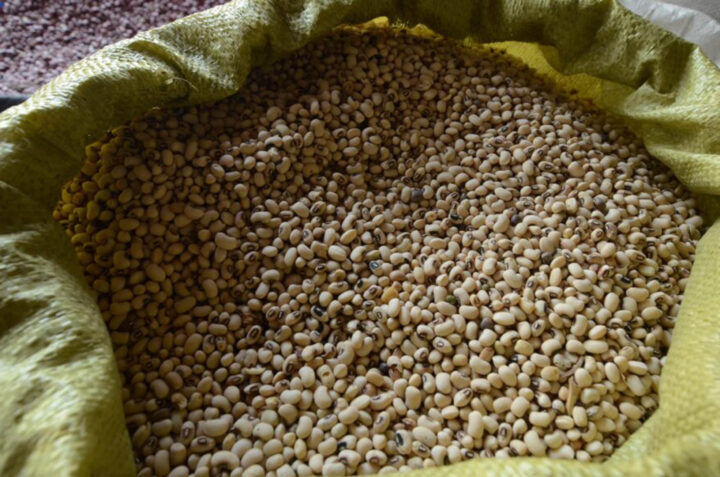December 28, 2022
Black gram price slipped to K1,707,500 from K1,838,000 per tonne within two weeks, showing a sharp drop of over K100,000 per tonne.
The fluctuation of black gram prices is positively related to the Kyat-dollar exchange rate and India’s demand, the traders said. At present, Kyat slightly appreciated at around K2,840 against the US dollar compared to the previous months.
In late August, the dollar against Kyat peaked at K4,500 in the black market. Following that, the black gram price reached a record high of K2.1 million per tonne.
Additionally, the price of black gram (urad in India) is falling in the Chennai market in India. Trading is slow-moving amid the Christmas and New Year holidays.
Next, the newly harvested Myanmar black gram is expected to be exported to India in March 2023. Myanmar traders do not want to sell old stocks at a reduced price on low inventory, as per a report cited by Agri World Mumbai.
Myanmar bagged over US$900 million from more than 1.1 million tonnes of pulses exports over the past eight months in the current financial year, the Ministry of Commerce’s statistics showed.
Myanmar conveyed over 1,169,861 tonnes of various beans and pulses worth $917.691 million to foreign trade partners between 1 April and 16 December 2022 in the current financial year 2022-2023. The country shipped 1,010,265.463 tonnes of pulses and beans valued at $806.717 million to foreign markets by sea, and over 159,595 tonnes valued at $110.974 million were sent to the neighbouring countries through land borders.
Myanmar exported over 2 million tonnes of various pulses worth US$1.57 billion to foreign trade partners last financial year 2020-2021. The country shipped 1.24 million tonnes of pulses and beans valued at $966.4 million to foreign markets through the sea route, and 786,920 tonnes worth $604.3 million were sent to the neighbouring countries through land borders.
Myanmar primarily exports black gram, green gram and pigeon peas. Of them, black gram and pigeon peas are mainly sent to India while green grams are shipped to China and Europe.
India has growing demand and consumption requirements for black gram and pigeon peas. According to a Memorandum of Understanding between Myanmar and India signed on 18 June 2022, India will import 250,000 tonnes of black gram and 100,000 tonnes of pigeon peas (tur) from Myanmar for five consecutive years from 2021-2022 financial year to 2025-2026FY. This G-to-G pact will not affect the pulses’ annual quota set by India. Myanmar’s exporters are also entitled to deliver the pulses to India under that annual quota.
Myanmar yearly produces approximately 400,000 tonnes of black gram and about 50,000 tonnes of pigeon peas. Myanmar is the top producer of the black gram that is primarily demanded by India, while pigeon peas, green grams and chickpeas are cultivated in Australia and African countries besides Myanmar. —NN/EMM


